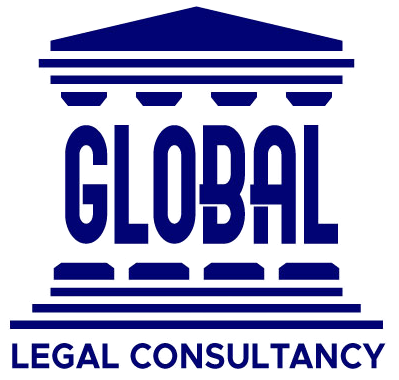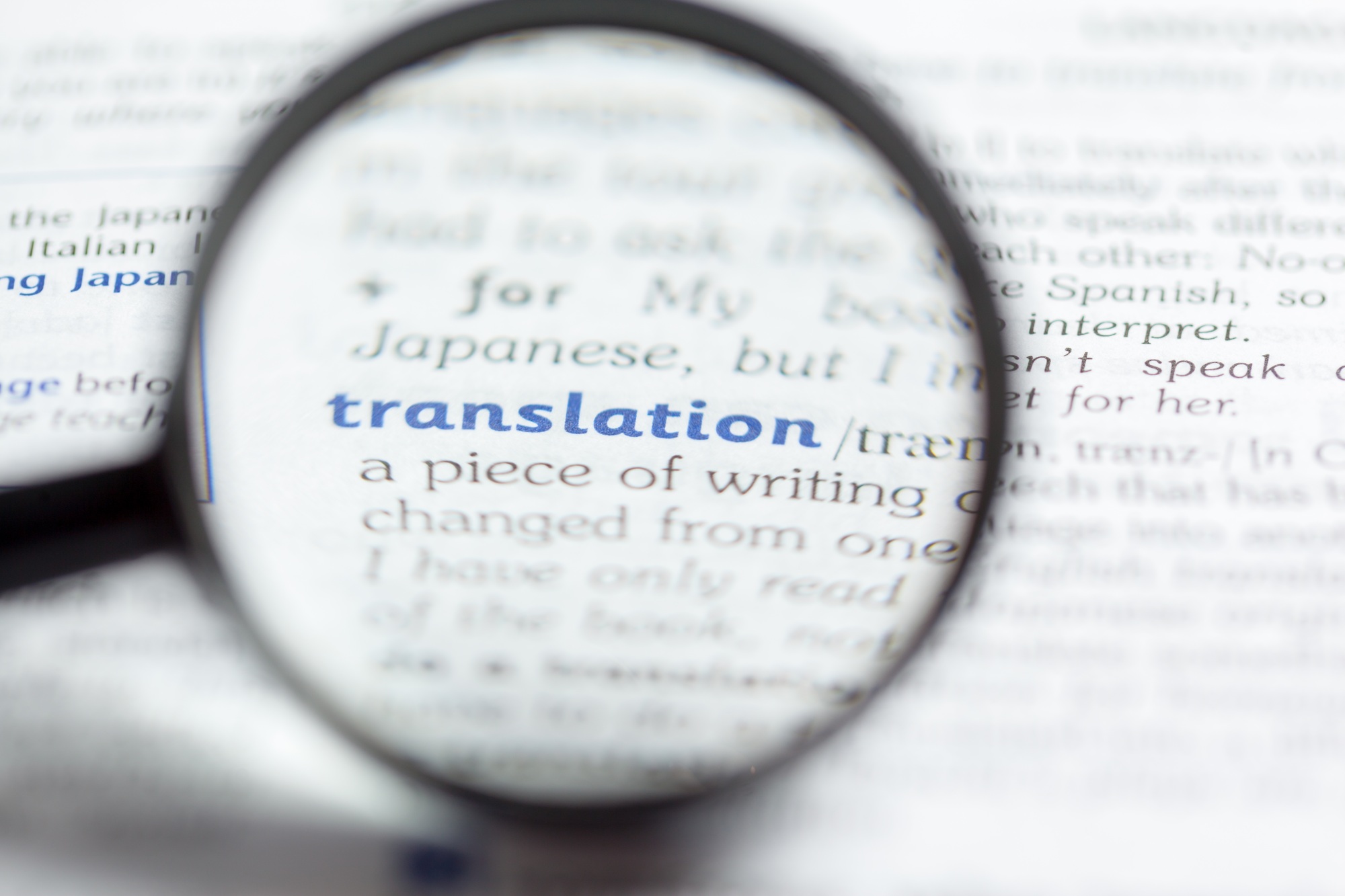Introduction:
In today’s globalized world, legal documents often need to be translated for use in different jurisdictions. Whether it’s a contract, a patent application, or a court judgment, accurate translation is paramount. Errors in legal translation can have serious consequences, leading to misinterpretations, legal disputes, financial losses, and even invalidation of the document. This article explores the importance of professional translation services for legal documents and how to avoid costly mistakes.
Why Accurate Legal Translation is Crucial:
- Legal Validity: Many legal documents require certified translation to be accepted by courts, government agencies, and other legal bodies. A certified translation confirms that the translation is accurate and complete.
- Contractual Obligations: In international contracts, accurate translation is essential for ensuring that all parties understand their obligations and responsibilities. Misunderstandings due to translation errors can lead to breaches of contract and costly litigation.
- Intellectual Property Protection: For patent applications and other intellectual property documents, accurate translation is vital for protecting your inventions and trademarks in foreign markets.
- Court Proceedings: In legal proceedings, accurate translation of evidence, witness statements, and other documents is crucial for ensuring a fair trial.
- Regulatory Compliance: Many industries, such as pharmaceuticals and finance, require translated documents to comply with regulatory requirements in different countries.
Common Mistakes in Legal Translation:
- Using Machine Translation: While machine translation tools can be helpful for basic communication, they are not suitable for legal documents. Machine translation often produces inaccurate and unreliable results, which can have serious legal consequences.
- Hiring Non-Specialized Translators: Legal translation requires specialized knowledge of legal terminology, legal systems, and cultural nuances. Hiring a translator without legal expertise can lead to errors and misinterpretations.
- Ignoring Cultural Differences: Legal concepts and terminology can vary significantly between different legal systems and cultures. Translators need to be aware of these differences and adapt their translations accordingly.
- Lack of Proofreading: Even experienced translators can make mistakes. It’s essential to have a second qualified translator proofread the translated document to ensure accuracy and completeness.
- Failing to Maintain Confidentiality: Legal documents often contain sensitive and confidential information. It’s important to choose a translation service that has strict confidentiality protocols in place.
How to Choose the Right Translation Service for Legal Documents:
- Experience and Specialization: Look for a translation service that specializes in legal translation and has experience translating documents similar to yours.
- Qualified Translators: Ensure that the translation service uses qualified translators with legal expertise and relevant language certifications.
- Certification: Verify that the translation service can provide certified translations that meet the requirements of the relevant legal authorities.
- Quality Assurance: Ask about the translation service’s quality assurance process, including proofreading, editing, and review by legal experts.
- Confidentiality: Check the translation service’s confidentiality policies and procedures.
Conclusion:
Accurate translation is essential for legal documents to ensure validity, compliance, and effective communication. Avoid costly mistakes by choosing a professional translation service that specializes in legal translation, uses qualified translators, and has robust quality assurance and confidentiality protocols in place. Investing in high-quality translation services is a smart way to protect your legal interests and avoid potential problems.







